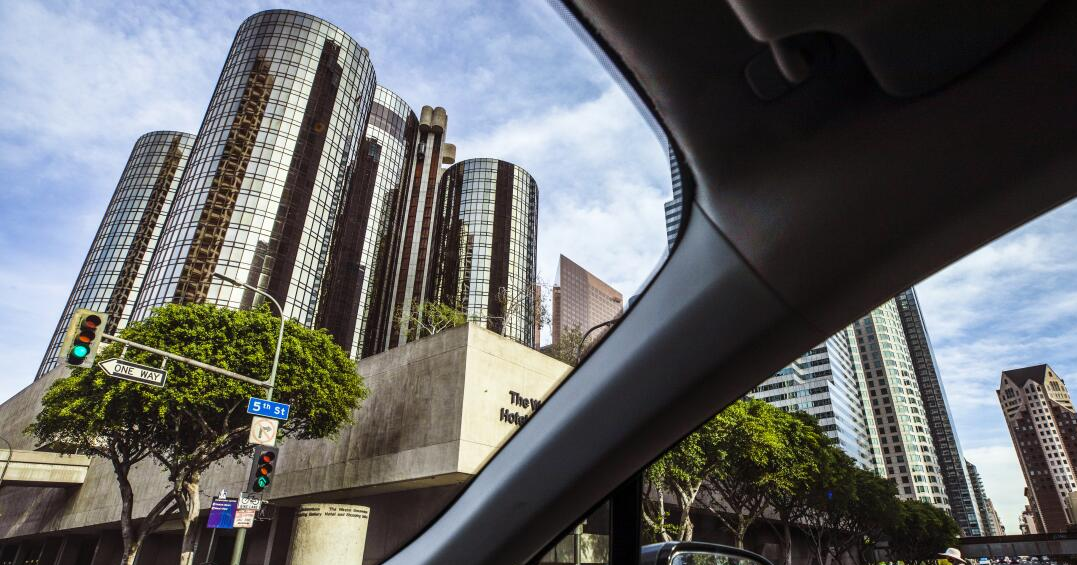The Hotel Assn. of Los Angeles reported that its members “are currently taking in thousands of Angelenos who have been displaced by the Palisades, Eaton and Hurst fires,” often at discounted rates. Many of the hotels are also taking in pets, the association board said in a statement Wednesday.
The Hotel Assn. of Los Angeles reported that these lodgings had rooms as of 4 p.m. Wednesday:
Residence Inn Los Angeles LAX/Century Boulevard
The Hoxton, downtown LAMama Shelter Los Angeles
Hotel Per La, Autograph CollectionThompson Hollywood
Volume Hollywood
The Biltmore Hotel Los Angeles
Hotel Erwin Venice BeachHilton Garden Inn LAX
Hilton Garden Inn Los Angeles/Hollywood
Omni Los Angeles HotelWayfarer Downtown Los Angeles Hotel
Hilton Garden Inn Los Angeles/Hollywood
Kawada HotelAC Beverly Hills
Burton House, Beverly Hills, A Tribute Portfolio Hotel
Courtyard Los Angeles LAX/Century Boulevard
Best Western Plus Carriage InnCourtyard by Marriott LA LIVE
Doubletree Los AngelesJW Marriott Los AngelesHoliday Inn ExpressSheraton GrandCourtyard LA LIVEResidence Inn LA LiveFour Points Los Angeles AirportAC HotelFour Points LAXMoxy
Jolly Roger Hotel
As thousands of Southern Californians flee fires to seek temporary lodging, a hotel room is suddenly a more valuable commodity — and industry representatives say many are available — at prices that are limited by state law.
Guests wary of gouging should remember that state law prohibits businesses from boosting prices on hotels, motels and other temporary rental housing by more than 10% for 30 days after a local or state agency has declared an emergency.
The same law also bans price boosts for gas, transportation, food, emergency supplies, medical supplies and building supplies. Legal penalties could include up to a year in jail and a $10,000 fine.
By the hotel association’s count, there are 412 hotels in the city of Los Angeles, 1,305 in the county. Through the first 10 months of 2024, the city’s hotels posted average daily rates of about $205, with a 75% occupancy rate — but January, industry veterans say, is usually one of the year’s slowest months.
That monthlong limit on hotel rates is a substantial difference from business as usual at major hotels, which often adjust prices daily in response to demand, prices rising as vacancies dwindle. The emergency means hotels must stick with the rates they were charging before the emergency was declared.



